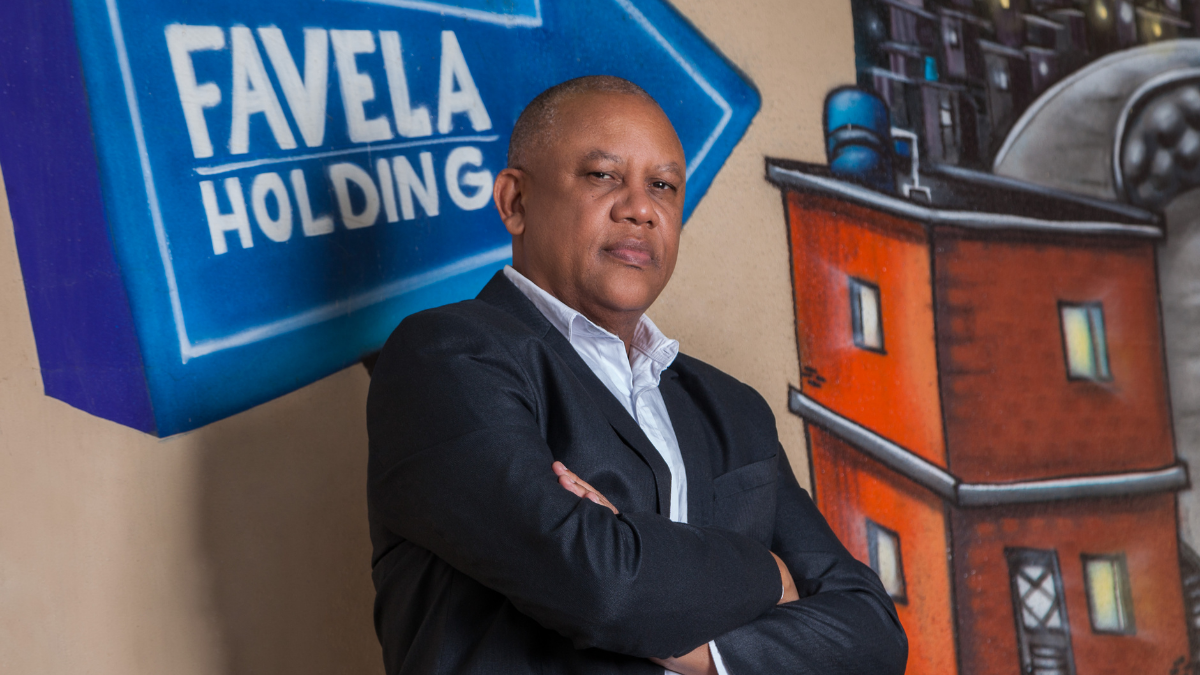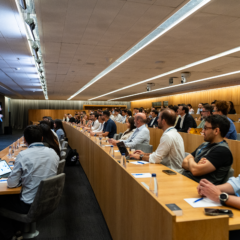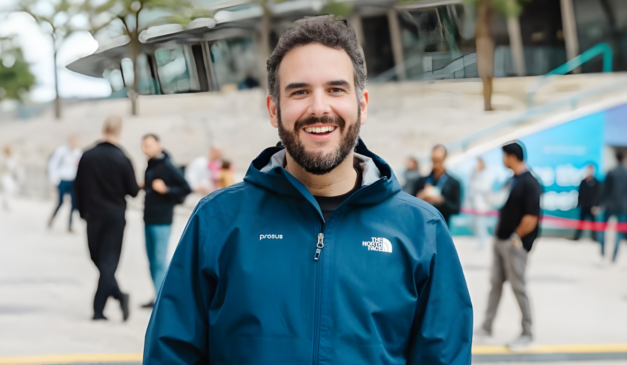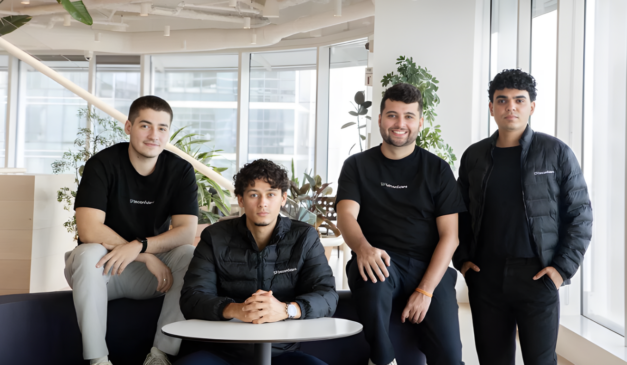
Essa história também está disponível em português
Social entrepreneur Celso Athayde, founder of Brazilian non-profit organization Central Única das Favelas (CUFA) has launched Favela Fundos, a fund with an initial target of 50 million Brazilian reais ($9 million) created to accelerate startups born at or focused on favelas (slums).
The formal announcement of the venture capital fund, which had been covered by Startups a few weeks ago, will support companies from different areas of activity and maturity levels with capital and training. The fund will be managed by Evanildo Barros Júnior, a Brazilian investor and entrepreneur with businesses in technology, data and research – such as Instituto Locomotiva, a company he has co-founded. Similarly to Athayde, Barros Júnior will personally invest in the new fund.
This is not Athayde’s first foray into investment. After selling his share in Brazilian microcredit company Avante, the entrepreneur invested 2.5 million Brazilian reais ($500,000) in 2017 in the initial group of companies under Favela Holding, which currently comprises of 22 businesses active in various areas. According to Athayde, winner of the World Economic Forum’s prize for Social Entrepreneurship in 2021, the new fund is a breakthrough:
“Once again, I am backing out from the conventional business model of seeking resources from families. My commitment is to make sure this fund exists”, says the social entrepreneur, in an interview with Startups. “The fund has the knowledge combined with professional management. It is a polyglot fund, which speaks English, Portuguese and Favelese.”
Besides Athayde and Barros Júnior, the group of investors for the new fund includes 13 Favela Holding companies, such as Comunidade Door, a communication agency led by Leo Ribeiro, which ended 2021 with a turnover of over 26 million Brazilian reais ($5 million) and has cosmetics giant Natura, TV conglomerate Globo and the four largest telcos in the country among its clients. The fund’s backers also include Data Favela, a research business created by Athayde and Renato Meirelles, and mobile operator Alô Social, led by Evandro Bei.
According to Athayde, the goal is to invest the first 20 million Brazilian reais ($3.8 million) in an initial cohort of startups. Each of the Favela Holding companies backing the fund have set additional funds aside to contribute with the remaining capital, which will be available immediately after the initial amount is covered.
The social entrepreneur says the investment capacity of the Favela Holding companies demonstrate the potential of businesses from the favela. “It’s like we did a pilot fund that we didn’t quite know how it would work out in the end, but it did – to the point where the companies themselves are supporting this new vehicle,” says the entrepreneur.
Next steps
The fund is already eyeing its next steps. In an upcoming phase, Favelas Fundos will have understood the demand for investments in favela startups and demonstrated the opportunities in that area. At that stage, the fund may bring external agents in to contribute with capital and business development expertise.
“We didn’t feel the need to seek capital and convince [investors] that this is a different kind of business”, says Athayde. “There is a certain difficulty in understanding that [working with favelas] is not like operating in a shopping mall that has its established rules and nothing changes. There are certain actions, conflicts and particularities involved, and companies do not necessarily want to be a part of all that. When [external agents] realize businesses are successful in favelas despite the challenges they face, perceptions will change.”
According to the social entrepreneur, the fund’s announcement is part of the strategy surrounding the launch of ExpoFavela, a major convention to connect the dots between the favela and the innovation ecosystem. The event is set to take place in April at São Paulo’s World Trade Center, and is expected to attract 15,000 people across three days.
In addition to the approximately 380 startups that will be showcased at the event, the program includes lectures, debates, concerts and workshops, as well as one-on-one meetings between funds and entrepreneurs. “Many firms want to invest [in favela businesses] but don’t know how to go about that. Our fund is intended as a bridge between funds and opportunities”, says Athayde.
“We hope large funds and entrepreneurs will understand that there are many interesting business opportunities in the favelas, and that there is a structured place for these companies to receive investments. That will generate more prosperity – both for the favela and for those who invest in it.”
(translation by Gabriela del Carmen)







